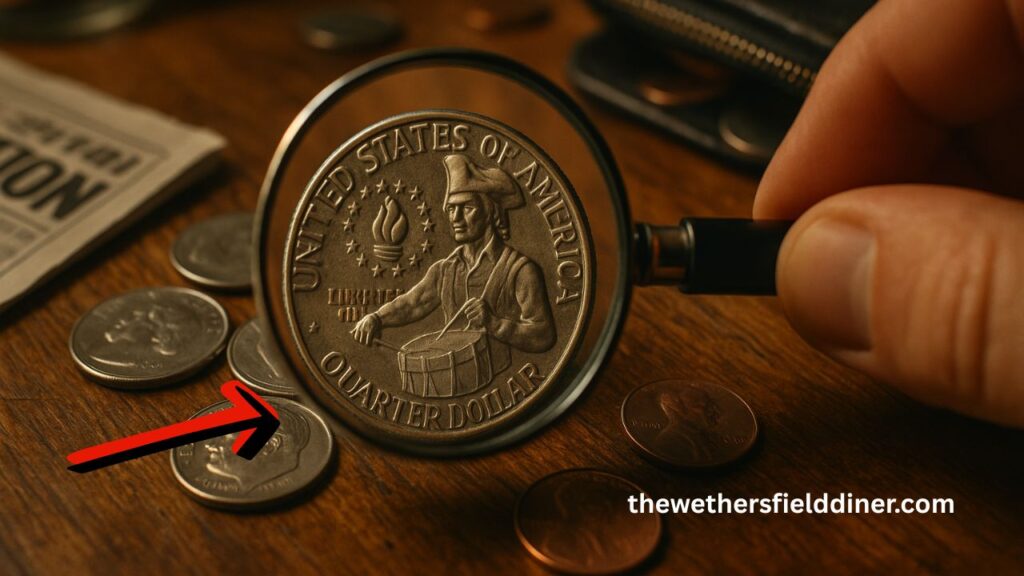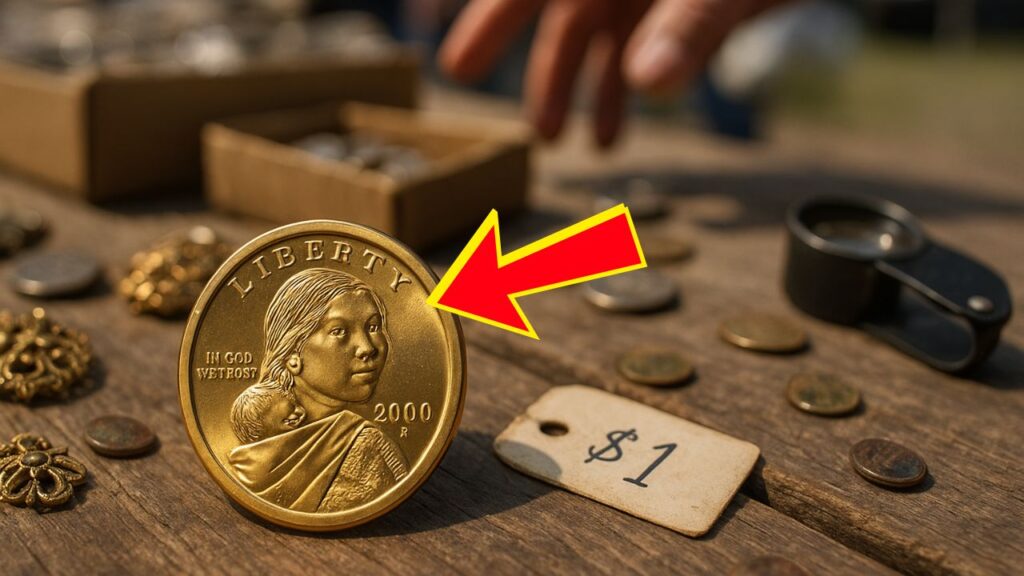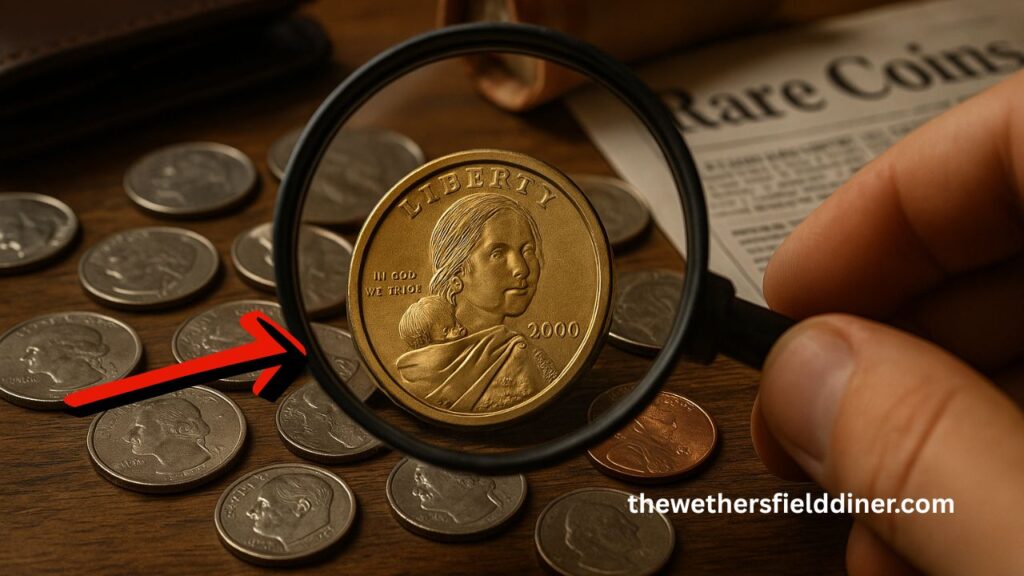The rare Bicentennial Quarter—a 1976 U.S. quarter featuring dual dates 1776–1976—is commonly worth only 25 cents. Yet one error variant, still occasionally in circulation, is reportedly valued at up to $1 million. This explosive numismatic tale has captivated collectors worldwide.
What Makes It So Valuable?
1. Dual‑Date Commemoration
Issued in 1975–1976, every Bicentennial Quarter features the double date “1776–1976” on the obverse. No 1975‑only coins exist.citeturn0search19turn0search22
2. Huge Mintage, Normal Value
Nearly 1.67 billion clad quarters struck:
- Philadelphia (no mint mark): ~809.8 million
- Denver (D): ~860.1 million; plus silver‑clad proofs from San Francisco (~4.9 million) for collectors
3. Error Variant Worth $1 Million
The special variant rumored to fetch up to $1 million is said to feature a double‑die error or other extreme minting defect, combined with collector‑grade condition. Despite being one coin among billions, such anomalies elevate its value astronomically.
Rare Bicentennial Quarter Facts
| Attribute | Details |
|---|---|
| Year minted | 1975–1976 (dual‑date 1776–1976) |
| Total clad mintage | ~1.67 billion (P + D) |
| San Francisco silver‑clad | ~4.9 million pieces |
| Common value | 25 ¢ |
| Rare error variant value | Up to $1 million (claimed) |
| Error type | Double‑die or mis‑strike variant |
| Availability in circulation | Extremely rare but possibly still in circulation |
How to Spot a Potential Million‑Dollar Quarter
- The coin must bear the dual date “1776–1976” and the drummer boy reverse by Jack Ahr.
- Look for doubling, mis‑aligned dies, or overlapping images (double‑die error). These anomalies are extremely rare among Bicentennial quarters.
- Condition must be exceptional (e.g. mint state MS65+), without wear or handling marks.
Why Experts Are Skeptical
Many numismatic specialists caution that valuations of $1 million are based on rumor or extrapolation. No authenticated sale at that price has been documented.
Some sources dismiss higher figures, such as $11 million, as exaggerated. Still, even moderately rare variants like “1976‑S silver business strike” can fetch $19,000+ in top grade.
While nearly 2 billion Bicentennial quarters circulated with the familiar drummer boy reverse, one reported error variant—featuring a double‑die mis‑strike, in exceptional condition—has captured imaginations with a potential $1 million value.
For most people, these coins remain worth only 25 ¢, but collectors should inspect them carefully. If you find a perfect, anomaly‑bearing 1776–1976 quarter, it might just be the numismatic jackpot you never expected.
FAQs
Can any 1976 Bicentennial quarter be worth $1 million?
No. Only an extremely rare error variant (e.g. double‑die) in pristine mint state could theoretically reach that value. The vast majority of these coins remain worth only face value.
Are silver‑clad Bicentennial quarters more valuable?
Silver‑clad varieties from San Francisco (~4.9 million struck) are collectible and might sell for hundreds or low thousands of dollars—but not $1 million unless also error‑struck.
Have any been sold for $1 million?
To date, there are no verified records of a Bicentennial quarter actually selling for $1 million. Such valuations remain speculative.


